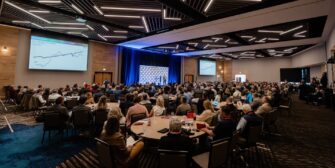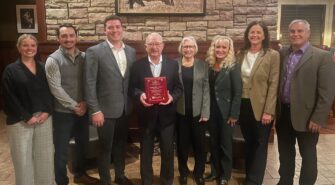Preview a ‘taste’ of family business at one-of-a-kind dinner
Recent News
Family business builds back after devastating tornado thanks to foundation of strength
Posted in Success Stories | February 28, 2019
In retrospect, it was a blessing that the 70th anniversary party for Vermeer Corp. in 2018 included a severe downpour.
As hundreds of guests roamed the mile-long property in Pella, Iowa, looking at the company’s wide variety of farm, construction and industrial machinery, the sky opened up.
“When the downpour came, the staff did a good job getting people to shelter,” said Heidi Vermeer-Quist, a third-generation member of the family business her grandfather Gary started as Vermeer Manufacturing in 1948.
“It was providential. Because the very next week, we got hit by a tornado.”
There were about 2,500 people on the grounds of Vermeer the following week when the company held its annual Customer Days event July 19, 2018.
That afternoon, an EF-3 tornado, one of a dozen twisters to tear across the Iowa countryside that day, took aim at the Vermeer campus.

“It almost felt like the anniversary party the week before had been a practice run,” Vermeer-Quist said. “They were able to get everybody safely into shelters, and thankfully the tornadoes didn’t take out any of the shelters or seriously injure any people. When we looked at the damage, it was a miracle.”

Two manufacturing buildings were destroyed. Roofs of other buildings were torn off. Walls collapsed. Countless cars in the parking lot were almost unrecognizable.
The recovery began, and the 70-year-old company soon saw the incredible business foundation that existed underneath the rubble.
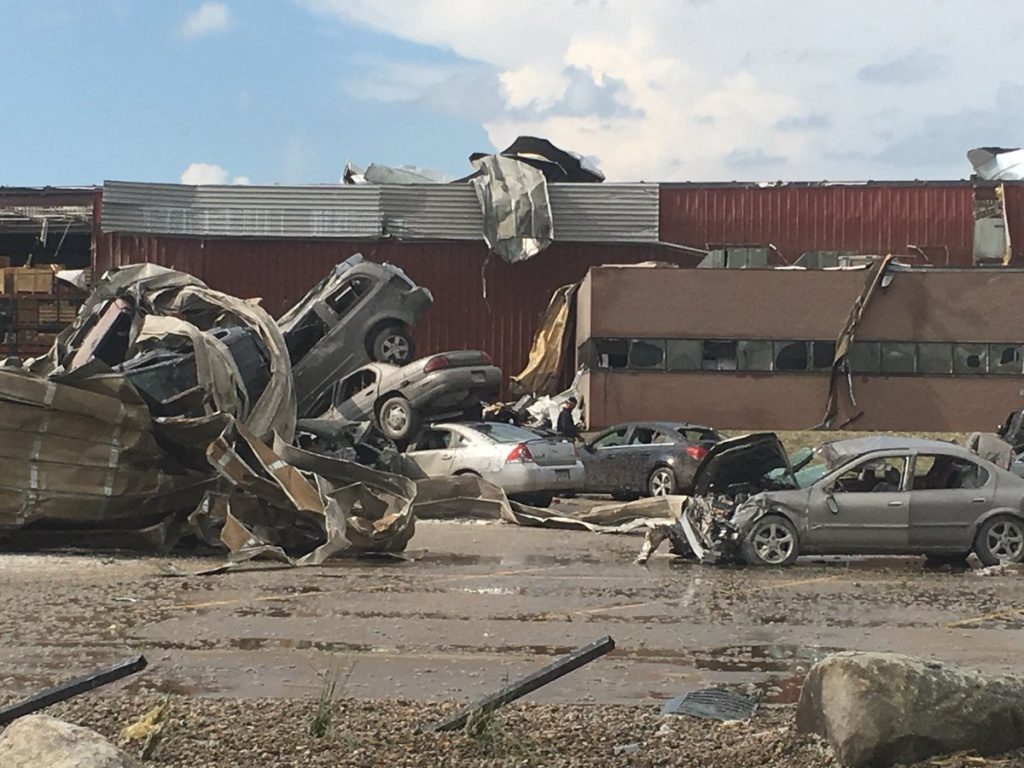
The day after the tornado, parts shipped. Five days later, three-quarters of the workforce was back on the job, and the first industrial production began.
“The company really scrambled but in an incredibly organized fashion,” Vermeer-Quist said. “The Vermeer team and leadership came together in a way none of us had ever experienced, which is another part of what we call The Miracle. We didn’t miss a beat.”
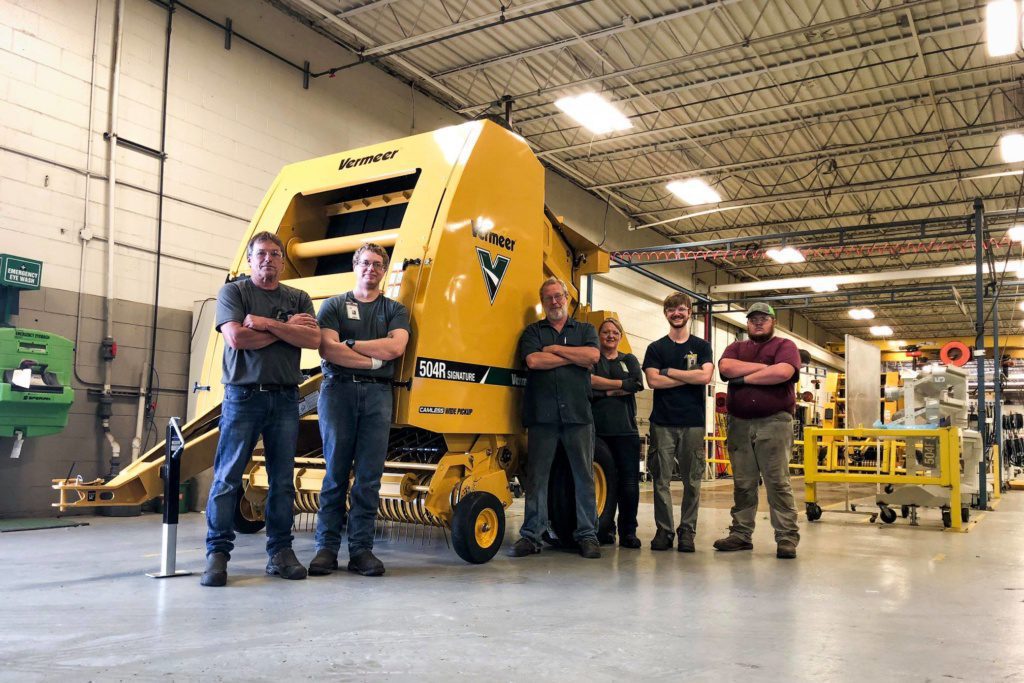
Vermeer-Quist shared that story and many others behind her family business, along with guidance she now offers others through her firm, Vermeer Quist Consulting, when she spoke at the annual Prairie Family Business Association conference, held April 11 and 12, 2019 in Sioux Falls.
“We could have hosted Heidi a year ago, and she would have provided invaluable expertise. But her experience in the last year truly has been life-changing,” said Laura Schoen Carbonneau, executive director of the Prairie Family Business Association.
“It’s a powerful, memorable story that reinforces why it’s so important to harness your strengths as a family business and to build the right company culture – because you never know what the next day will bring.”
Building the foundation
Vermeer grew from founder and innovator Gary Vermeer’s invention of the wagon hoist. It’s now a company of more than 3,000 employees with equipment making an impact in the agriculture, biomass, tree care, landscape, rental, recycling, forestry, utility, pipeline and surface mining markets worldwide.
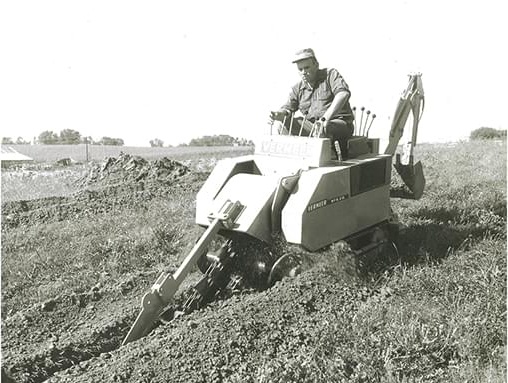
Vermeer-Quist grew up in the family business, visiting her grandfather there as a child. Her father, Robert, worked there more than 40 years. About half that time was spent as co-CEO with his sister, Mary Andringa. Mary’s son, Jason, is the current CEO.
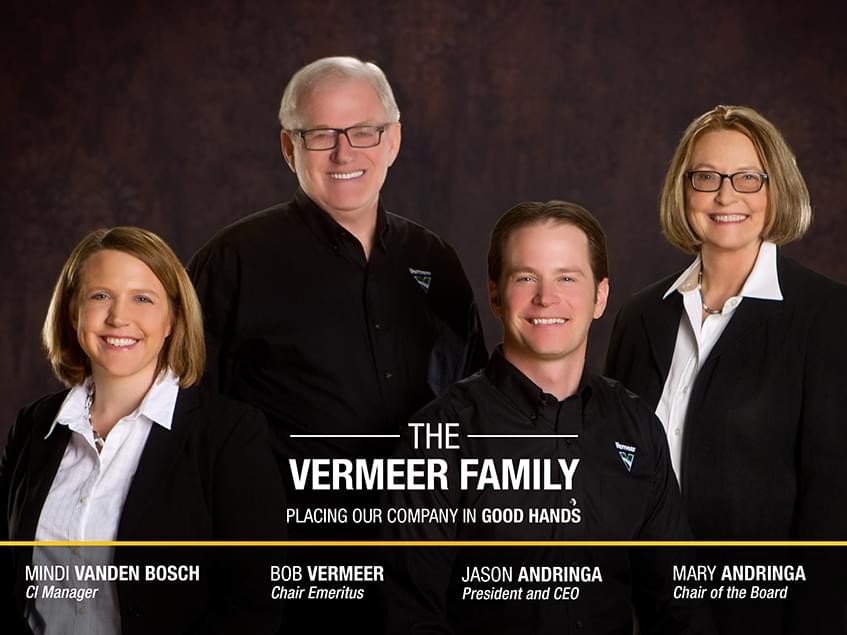
“I spent time working there during the summers in college,” Vermeer-Quist said. “At that time, we weren’t as organized as far as what employment should look like for the next generation, so I did a lot of office work.”
By her senior year, she was zeroing in on psychology, so she worked in human resources, learning about hiring, benefits and EEOC requirements. She became a clinical psychologist, opening a practice with her husband, and had three children.
“Then I had a sense there was a space for me to go back to Vermeer and work,” she said. “My dad was really looking at retirement, and there was a need for healthier communication, the development of a family business constitution and establishment of policies, governance and an ownership council.”
Part of the family business history involved co-ownership between her grandfather and his brother. About 25 percent of the ownership came from her great-uncle’s side and had not really been engaged in the business since 1974.
“So that was part of what felt like my charge – to bring all the family members together and engage our shareholder group in a healthier way and have healthier processes for the business,” she said.
Vermeer continued in its implementation of a majority independent board of directors. It established an ownership council for family members, meant to balance the business, the mission, vision and values held as owners with a safe place to explore issues such as ownership and succession planning as well as a family employment policy.
“We were 30 to 40 family members who are shared owners at Vermeer, and I could definitely see we were going to explode with marriages and babies to 70 or 80,” Vermeer-Quist said. “And then from an employment standpoint, we developed a high competency level they must perform at to work at Vermeer. My cousin Jason has been through the wringer of analysis, and he’s really been a great leader. I’m very thankful for his leadership.”
She estimates the process of formalizing the family business structure and policies took eight to nine years. She served on the ownership council for six years and spent four years as a director on the Vermeer board.
“That was another policy we formalized – shareholder director development – so just because you’re the oldest doesn’t mean you serve on the board. You have to have certain competencies in place. And that’s been going really well. We’ve had family writing letters of intention, and we have an evaluation committee established to look at their strengths and development opportunities. It’s been one step at a time, but it’s really gone well.”
Advice for others
Vermeer-Quist now runs multiple businesses, including an outpatient mental health clinic, Heartland Christian Counseling. In 2012, she and her husband, Chad, started Vermeer Quist Consulting, helping clients work through the complexities of balancing family, business and ownership.
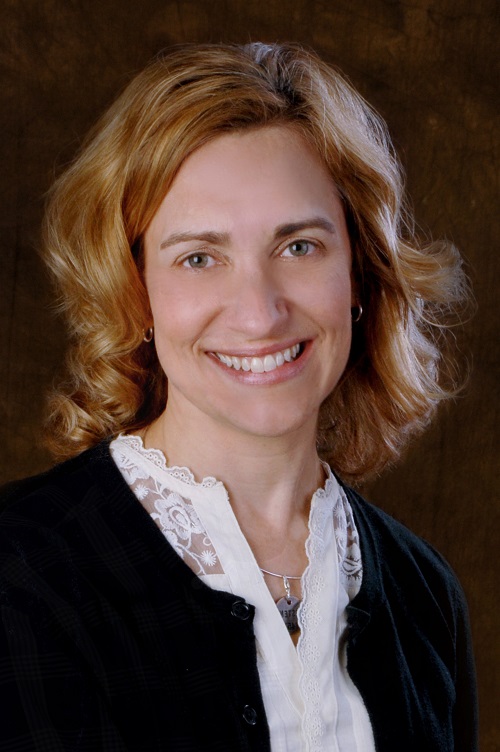
“I’m not a consultant who goes in and tells you how to run your business,” she said. “I’m one who manages the business of family and ownership development, and there seems to be a need for that approach. I enjoy coming alongside family businesses to develop communication across family ownership.”
She also has learned from other family business policies and integrated that into developing them at Vermeer.
That’s a work in progress, too, she added.
“We’ve had six updates so far, so it’s an evolutionary process, but one of the things I’m most thankful for is we moved away from emotional reactivity in the family that at times bled over into the business. We’ve learned to realize the emotion is a symptom of how much we care, but we need to rein it in and come to the table in productive ways to be honest and kind and find solutions.”
#VermeerStrong
Seven months after the storm tore through its campus, Vermeer is building back with a plan to be stronger than ever. The hashtag #VermeerStrong caught on fast as the team documented its efforts.
“It’s going very well,” Vermeer-Quist said. “The reality is it’s extremely challenging, but people have worked together tremendously well, and we’re now finding the Vermeer mentality is: Don’t waste a crisis.”
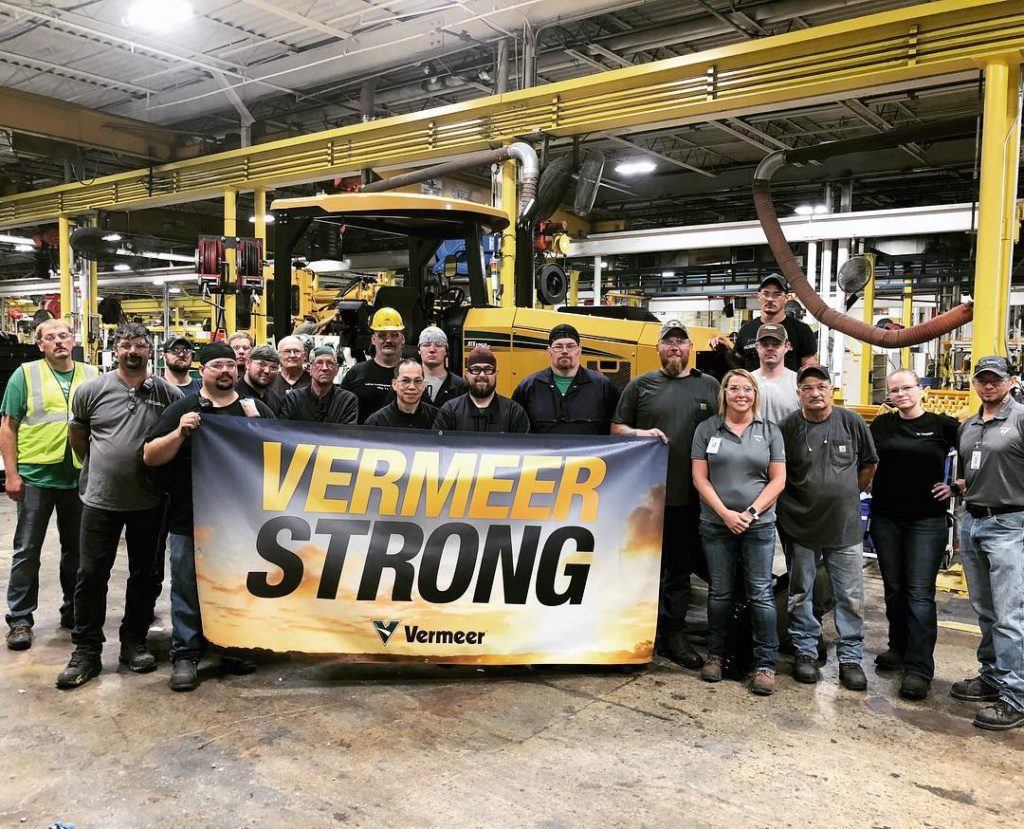
With that in mind, they have used the rebuilding effort as a chance to construct meaningful, more modern manufacturing spaces and an engineering center that consolidates many activities associated with innovation.
“It’s been a big growth experience for all of us, and we’ve been changed by it,” Vermeer-Quist said. “I keep going back to my grandfather, who would use the word ‘unbelievable’ whenever something impressed him. It’s just unbelievable what those tornadoes did and how Vermeer has recovered.”
The company’s performance in its 70thyear might fit the same description. Despite taking that massive hit, 2018 was its most profitable year ever.
“We’re just thankful and see the whole thing as a miracle,” Vermeer-Quist said. “We don’t give credit to any one person, but it’s more the ways in which people helped each other and worked together.”
Most crucially, though, the destruction didn’t shift the company’s foundation of values, she said.
“What’s really cool is in many ways it reinforced the importance of doing things right, treating people as you’d like to be treated and working hard, looking for solutions. A lot of our core values really ended up shining. And I think that’s inspired all of us and hopefully can inspire others too.”

